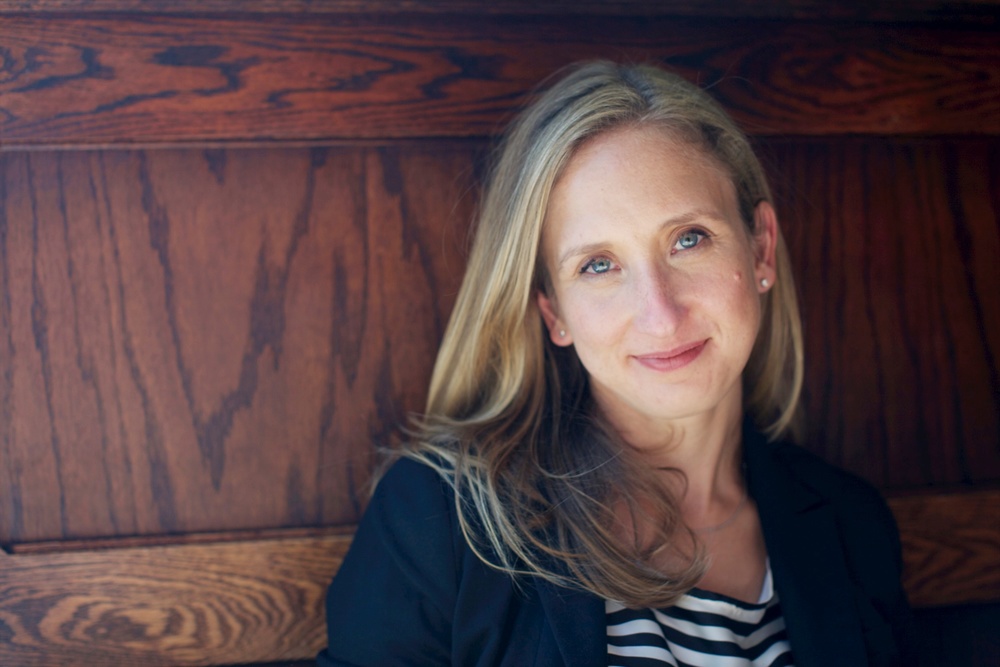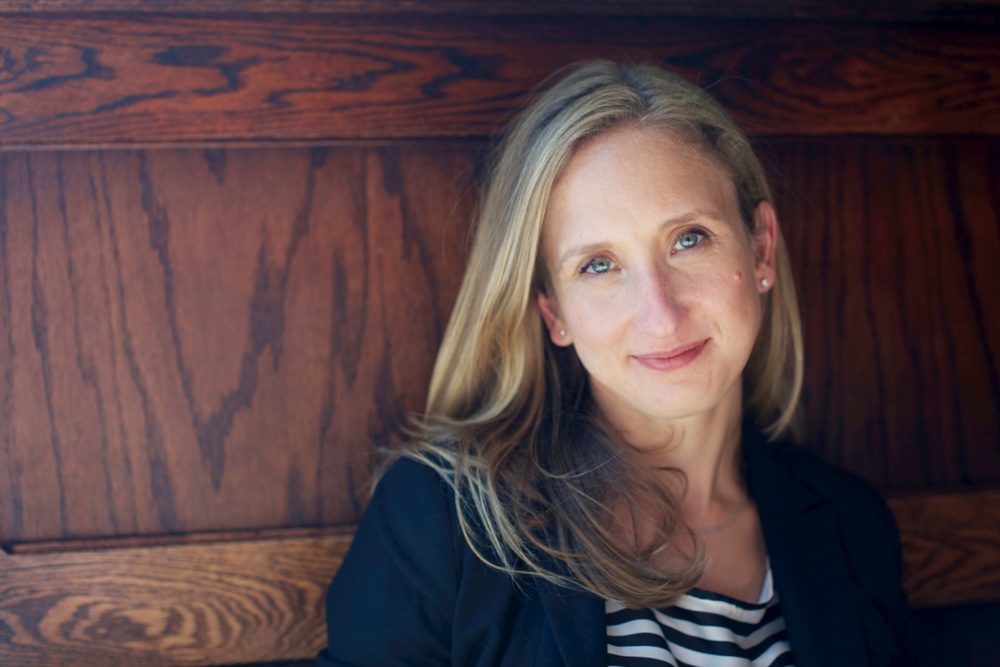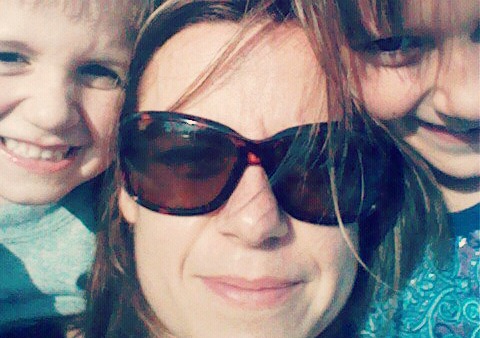A few months ago, I went to a conference on the future of work. One of the speakers was described as a energy guru.
During his talk, the speaker shared his thoughts about how to schedule work during optimal times, when your energy is at its peak. He provided very specific instructions on how much sleep to get and when to get up, when to create and when to do busy work.
By following his guidelines, he asserts, you are poised to be your most innovative and creative, and you can dominate your field. As a coach to parents and a mother of two kids under five, I couldn’t really relate to his message. I don’t have much control over my sleep, though I do have a fantastic coffee machine. I approached him afterward and asked him how he would modify his advice for working parents of young kids. After doing a quick scan of the room, looking at the young professionals and seasoned workplace experts, he said: “Yeah, you’re not my audience.”
I got the message. As a working parent of young kids, I am often thought of as the third rail of the work-life conversation. While we are all thinking about how to implement flexibility and work differently, working parents have unique challenges and we know it. The mid-twenty and early-thirty year olds are at the start up phase of their career. They are more comfortable working long hours when things get busy at work, and taking off time for themselves when things are slower. Then there is the “opt-out” or “opt-in” generation. These fifty-plus year olds have either risen to the top of their fields by working long hours and outsourcing child care, or stayed at home to raise kids. The latter is the opt-out generation and they want back in.
Then there’s my generation.
We are trying to manage work and life during our thirties and forties. In her seminal work Passages, Gail Sheehy loosely refers to this age as the “deadline decade.” At this age, we begin realize we don’t have all the time in the world and we want to accelerate things. We want to be successful professionals, have kids and be engaged parents. We have built strong professional track records, but we haven’t reached our targets yet. We push to clarify our goals, and find ways to grow professionally. If that weren’t stressful enough in this culture of overwork, throw in a couple of babies.
We are the conflicted middle sibling of the workplace discussion. We are trying to understand and follow the paths our predecessors took so we can reach our professional aspirations. We are inspired by the younger generations of professionals who are creating new career paths in a new economy. We are focused on professional advancement, while being active parents. And we’re doing it in a society that provides us with minimal support to do so.
Many of the experts who write about flexibility and work-life try to shift the focus away from parents. After all, in an age of no clocks and no walls, we are all exhausted. Parents shouldn’t feel so special. Recently Bridgid Schulte published Overwhelmed, a great account of why we are all feeling this way. In an interview with the Atlantic she says, “these are hardly “Mommy” issues, these are human issues, how we work and live, the pressures to spend so much time at work, or living up to crazy ideals, is affecting all of us. “
Schulte, and many others, don’t want to want to make this topic just about moms, in part because because they worry that message will limit the scope of their work. I agree, it’s not just about mommies, but is about care giving, and parents of young children are often in the toughest spot. While I’m as eager as the next guy to get everyone, men and women, people without children and people with eight of them into the conversation about flexibility, I can’t pretend it doesn’t hit my peers and clients harder than most. We work at least two jobs.
As challenging, jarring and exhausting as this second job has been for me at times, parenting remains the best, most rewarding work I’ve ever done. I’ve built skills quickly, and I approach every new challenge with enthusiasm and positivity. But my second job doesn’t pay, and I still want to maintain my professional identity.
Between presentations, pediatrician appointments and the solid five hour night sleep, we need to talk about how we can productively and positively integrate our roles as parents and professionals. We need to stop reading long form articles and cautionary tales about how to live our lives. Some of those publications have made a lot of money playing to our anxieties about working and parenting.
Instead, we need to have a new conversation, one that allows us to build on what we are learning at our two jobs, and let’s us demonstrate our strengths. I don’t believe the great work cultures and flexibility conversation is all about working parents. I do believe that by mobilizing and opening up the conversation, we have more power than we think we do. We can help change the culture of work to one that relies on trust, transparency and accountability. We have a personal investment in this issue, and as such can be change agents and project sponsors for the flexibility effort in hundreds of organizations.
A version of this post appeared on rachaelellison.com.
____________________________________
ABOUT RACHAEL: Rachael Ellison is an executive coach, organizational-development consultant and work-life advocate. In 2009, she co-authored an internationally distributed paper on work life best practices: “Better Work, Better Life.” The paper launched a campaign to improve work life practices in 100 non-profit organizations.
Since establishing Reworking Parents, she has coached hundreds of mid- and senior-level executives through the transition to working parenthood. Rachael’s coaching sessions, facilitated groups, toolkits, and workshops have yielded measurable results for hundreds of clients across the US and abroad. She is a noted columnist and speaker on the role of work–life programs in organizational development. Her writing has been featured in Forbes, Smartbrief Workforce, and Monsterthinking and she has been repeatedly cited as one of the top work-life experts on Twitter. http://www.rachaelellison.com/






